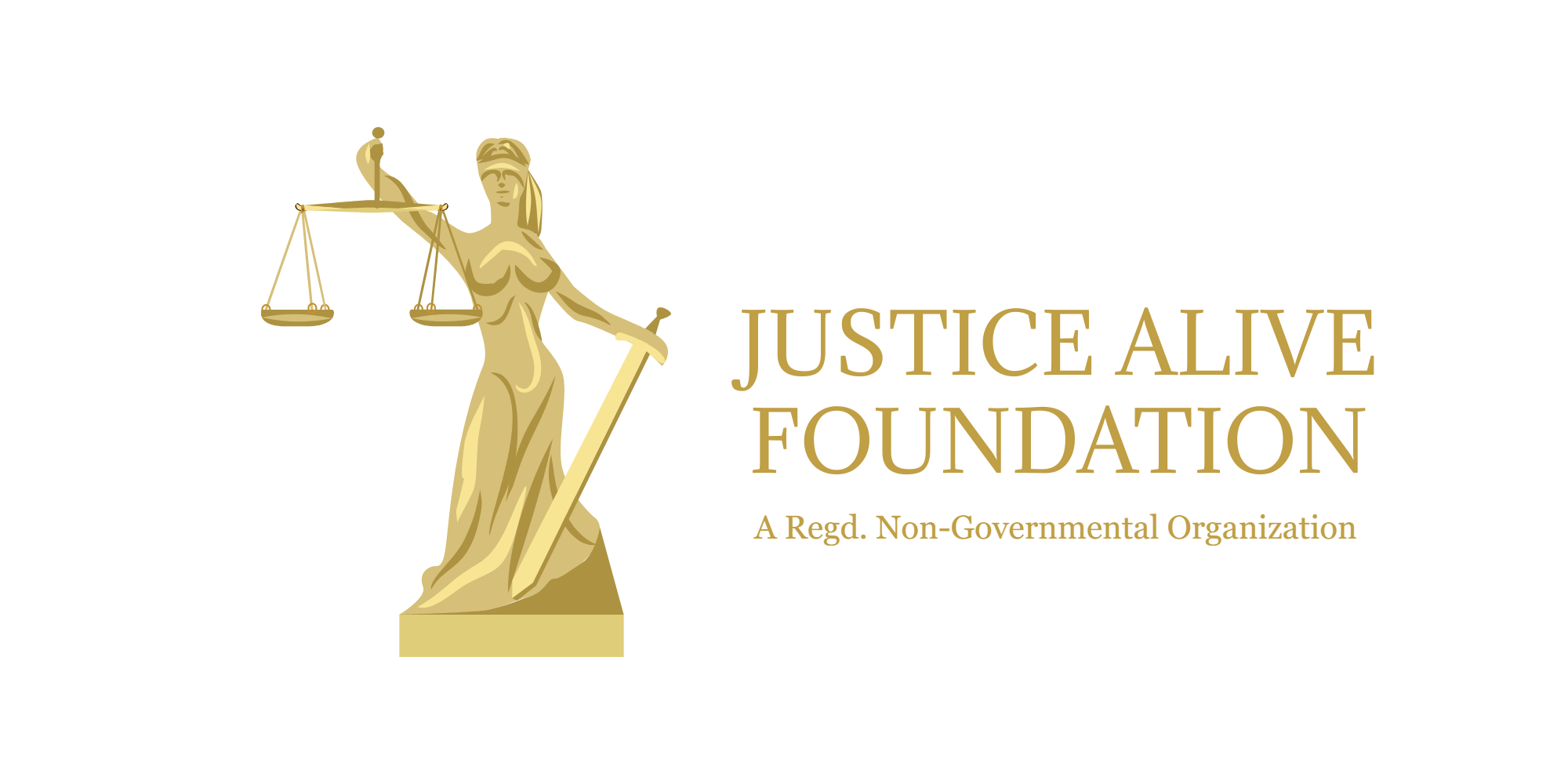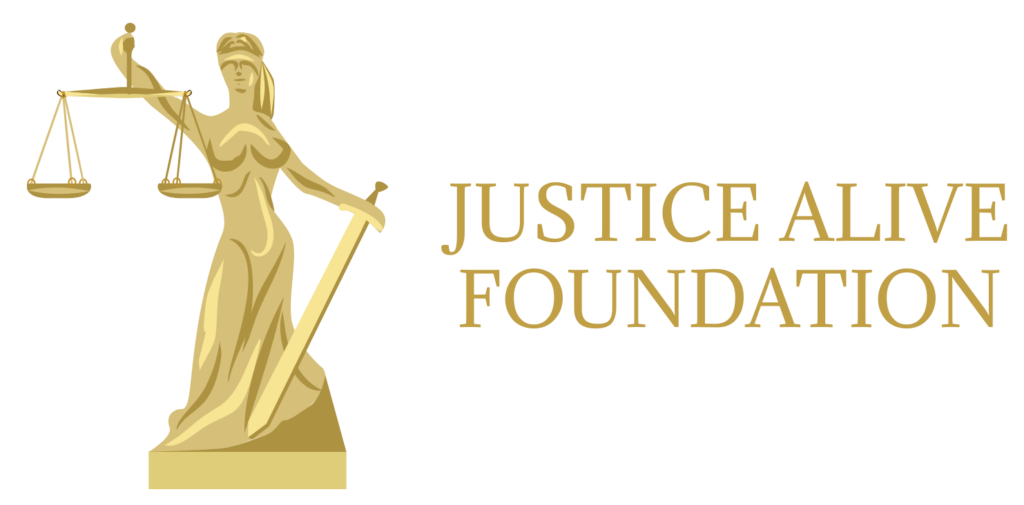
Shielding the Fourth Estate: Legal Safeguards for Indian Press
This article has been written by Komal Sharma, a student of CGC, Jhanjeri.
Importance and Role
In an age of increasing misinformation and disinformation, how can we balance the need for a free press with the responsibility to ensure accurate and reliable information reaches the public?
The critical role of a free press in a democratic society cannot be overstated. A free press functions as a watchdog, providing checks and balances on government power to safeguard the rights and liberties of citizens.
Accountability and transparency are essential for a free press. To maintain this, the press must ensure the accuracy of their facts to prevent misinformation. Media should also be transparent about their sources so that the audience knows where the information originated. This transparency helps build audience trust and is a significant indicator of press freedom in society.
Challenges and Threats
Journalists and media face numerous challenges daily, including censorship, harassment, intimidation, and violence, which can restrict their ability to report freely and accurately.
Media faces censorship in various forms, which prohibits the right to free speech or information deemed harmful or sensitive by organizations or institutions. Journalists, particularly women, face harassment, including abusive comments, defamation, and threats, which can have psychological impacts.
They also face violence, physical attacks, killings, and kidnappings, especially in areas with high levels of corruption and crime. Threats against their families can coerce them into silence.
Legal Protection
Legal protection is essential for a free press in a democratic society. Legal frameworks and protections for press freedom exist at national and international levels, including constitutional guarantees, media laws, and international conventions.
National frameworks for press freedom include:
- Article 19(1) of the Indian Constitution: Guarantees the right to freedom of speech and expression.
Media laws include:
- Press Council Act 1978: Establishes the Press Council of India to maintain and improve the standards of newspapers and news agencies.
- Right to Information Act 2005: Promotes transparency and accountability by allowing citizens to request information from public authorities.
International laws and conventions:
- Universal Declaration of Human Rights (UDHR) 1948: Article 19 states that everyone has the right to freedom of opinion and expression, including the freedom to hold opinions without interference and to seek, receive, and impart information and ideas through any media and regardless of frontiers.
- International Covenant on Civil and Political Rights 1966: Article 19 guarantees the right to freedom of expression, including freedom to seek, receive, and impart information and ideas of all kinds.
Media Ownership and Pluralism
Issues related to media ownership concentration, editorial independence, and the importance of diverse and pluralistic media landscapes are crucial in ensuring a healthy democratic society. Media ownership concentration, where a few corporations control significant portions of the market, can lead to monopolistic practices and biased reporting, reducing content diversity.
Editorial independence is indispensable, allowing journalists to report news without interference from any organization or institution, thus maintaining the integrity of news. It is crucial for media to be perceived as independent to increase public trust. A diverse media offers multiple viewpoints, which is vital for understanding issues. Pluralistic media supports democratic discourse, providing a platform for different voices. Addressing these issues is imperative for safeguarding democracy, promoting transparency, and ensuring citizens have access to a wide range of information and viewpoints.
Digital Media and Challenges
The rise of digital media has transformed the media landscape by introducing new opportunities for expression but also new challenges. Digital media allows content to reach a global audience and enables real-time interaction between content creators and audiences, breaking down geographical barriers.
Digital media provides numerous opportunities for expression by enabling individuals and groups to share their voices on platforms like YouTube, blogs, and social media. However, it also unveils challenges such as censorship, disinformation, and threats to journalists’ safety. Governments may impose strict censorship on digital media, reducing freedom of speech and expression and the right to information. Disinformation and fake news mislead people from actual news. Journalists face threats to their safety, including kidnapping, murder, and harassment, especially women, which significantly impacts a free press in a democratic society. Sometimes, media outlets change their news and become partial due to undue influence and economic pressure.
Journalistic Ethics and Standards
Journalistic ethics and standards play an indispensable role in guiding journalism practice. These include accuracy, fairness, and accountability. Accuracy is crucial, requiring journalists to check information from multiple sources before publishing. If any errors are discovered after publication, they should promptly correct the news. Fairness is another key ethic of journalism, involving the presentation of both sides of a story without bias, ensuring transparency for the audience.
Press Freedom and Democracy
Press freedom and democracy are interconnected, each playing a crucial role in supporting and sustaining the other. Press freedom is the ability of journalists and media to publish news and information without censorship or undue influence. Democracy is a system of government where power is vested in the people, either directly or through elected representatives who participate in decision-making processes and governance.
Press freedom is crucial for governing an open society and promoting political freedom, which enforces democracy. Press freedom is fundamental for democracy as constitutional liberalism can be affected. Free information flow allows the circulation of information, helping citizens make informed decisions and keeping their leaders accountable. A free press acts as a watchdog, exposing corruption and abuse of power while checking institutions and leaders. Press freedom fosters public debate, diverse viewpoints, and civic engagement, vital for a vibrant democratic culture. Media freedom promotes government transparency, ensuring citizens have access to information essential for democratic participation.
International Comparison
When comparing press freedom environments and practices across different countries and regions:
Norway: Norway has consistently performed well on press freedom indexes due to strong laws ensuring people can express their views freely, even against government policies, without fear. Article 100 of the Norwegian Constitution guarantees free speech rights, and there is no room for any form of control over journalists’ expressions.
Sweden: Sweden is renowned for its strong press freedom laws, including the Right to Public Access, which gives citizens and media personnel extensive access to government material. The Swedish Constitution and Press Freedom Act guarantee press autonomy and freedom of speech.
These nations demonstrate how they promote freedom of speech through fair laws covering all areas, open sources of information, and ways of avoiding censorship or government influence. They have implemented laws essential for creating media environments free from interference, which help govern democracies.
India’s press laws need to incorporate similar provisions to make the press free from any kind of influence, allowing media to report or publish news with accuracy, accountability, and fairness, without partiality toward any party.


This Post Has 0 Comments